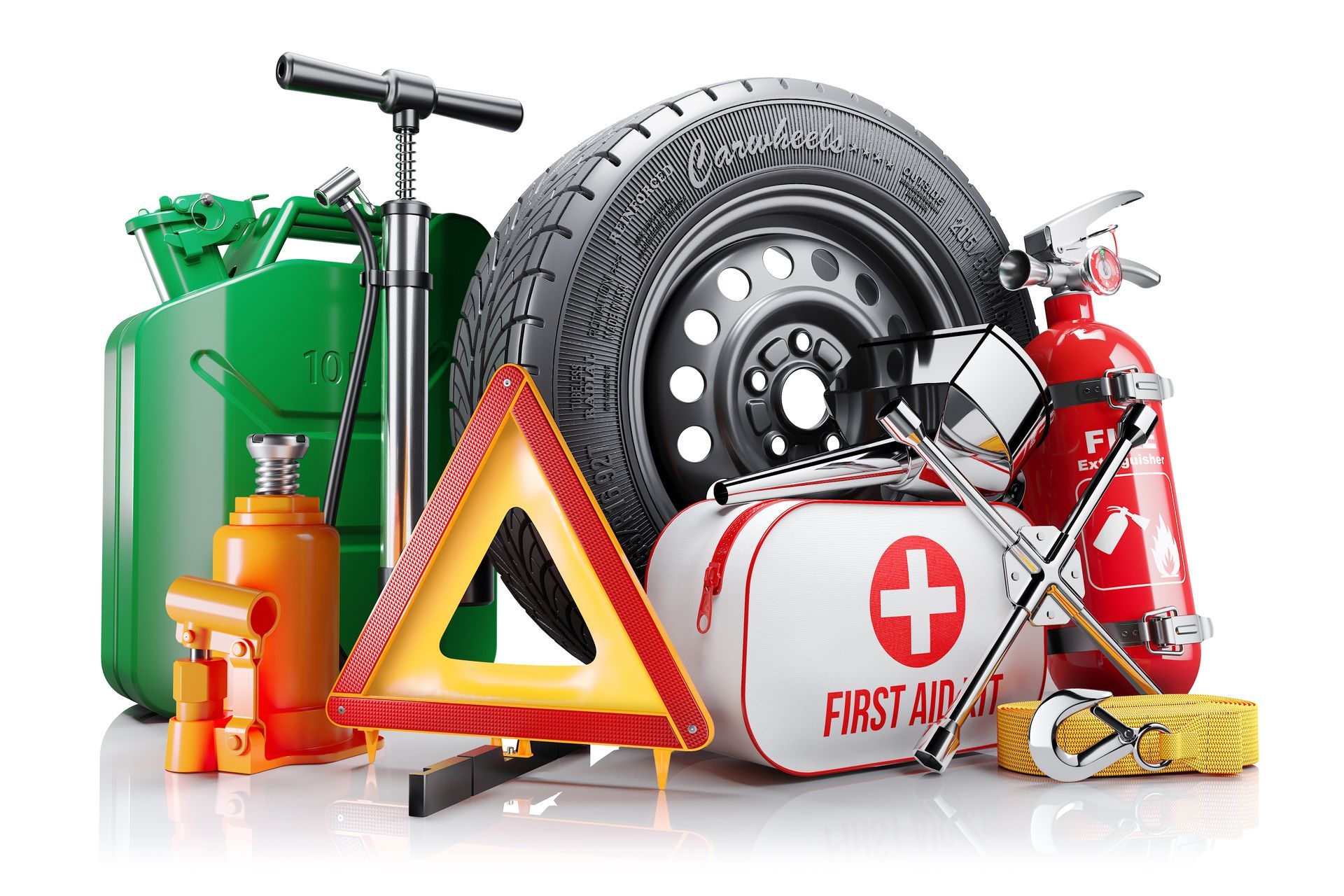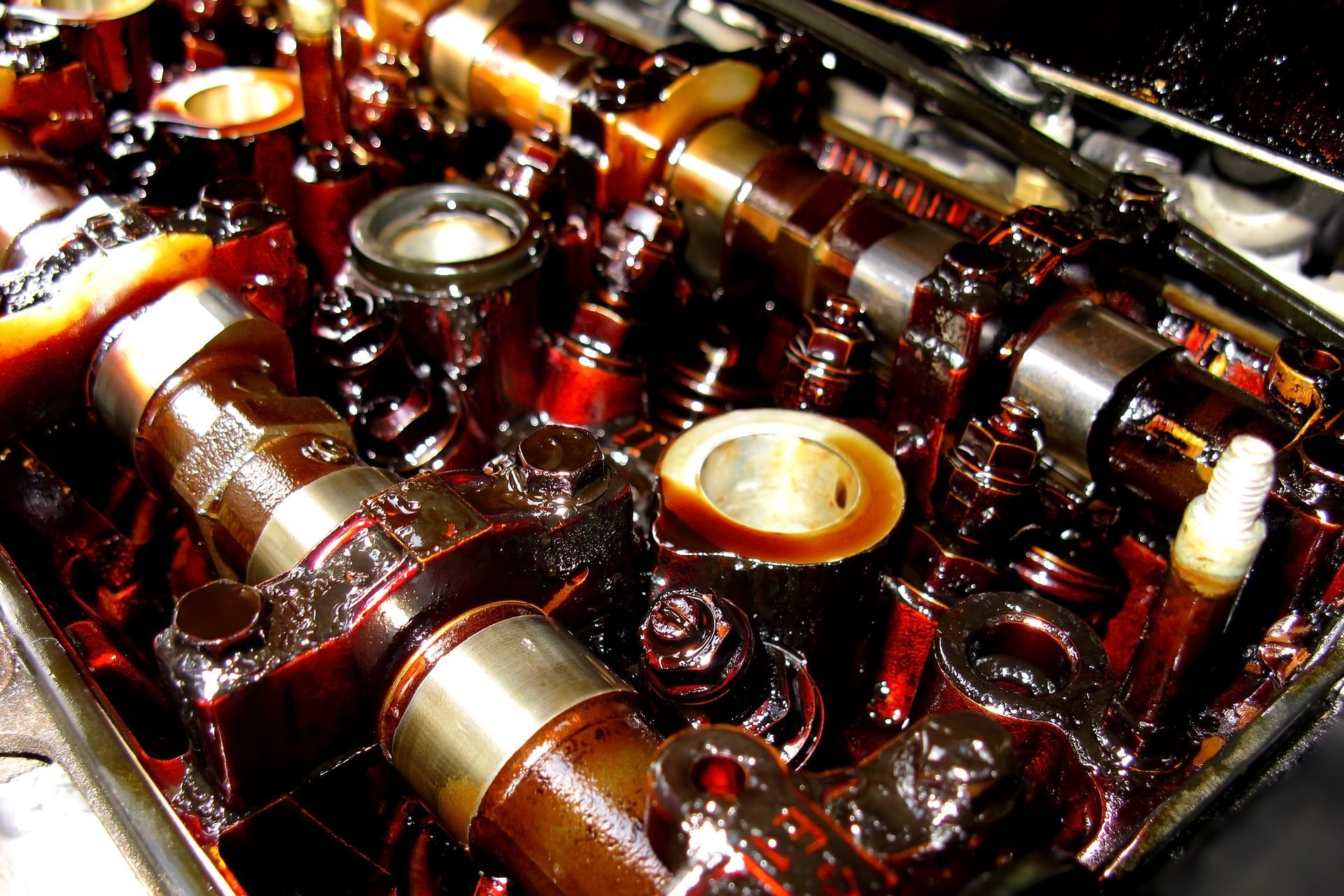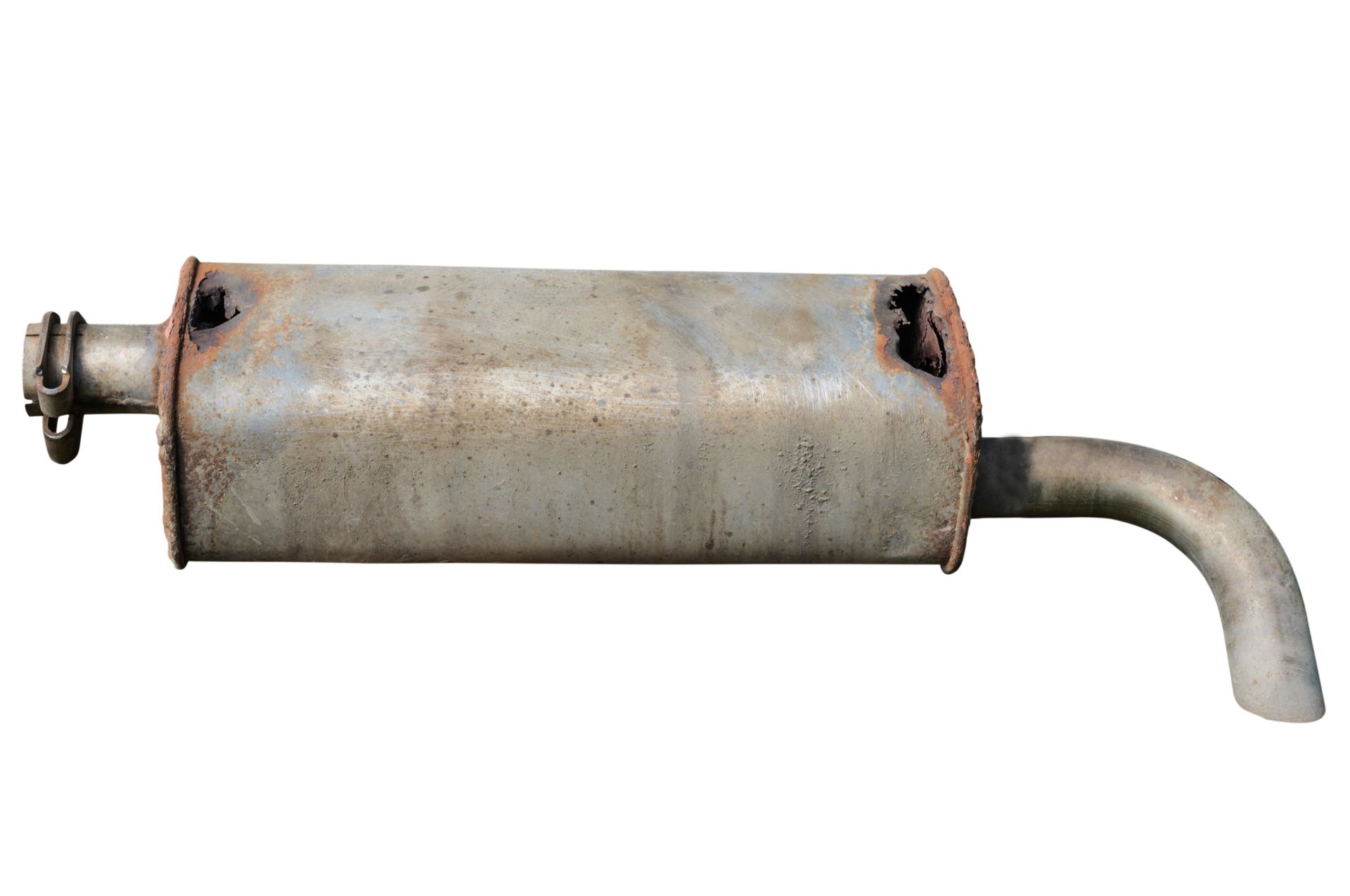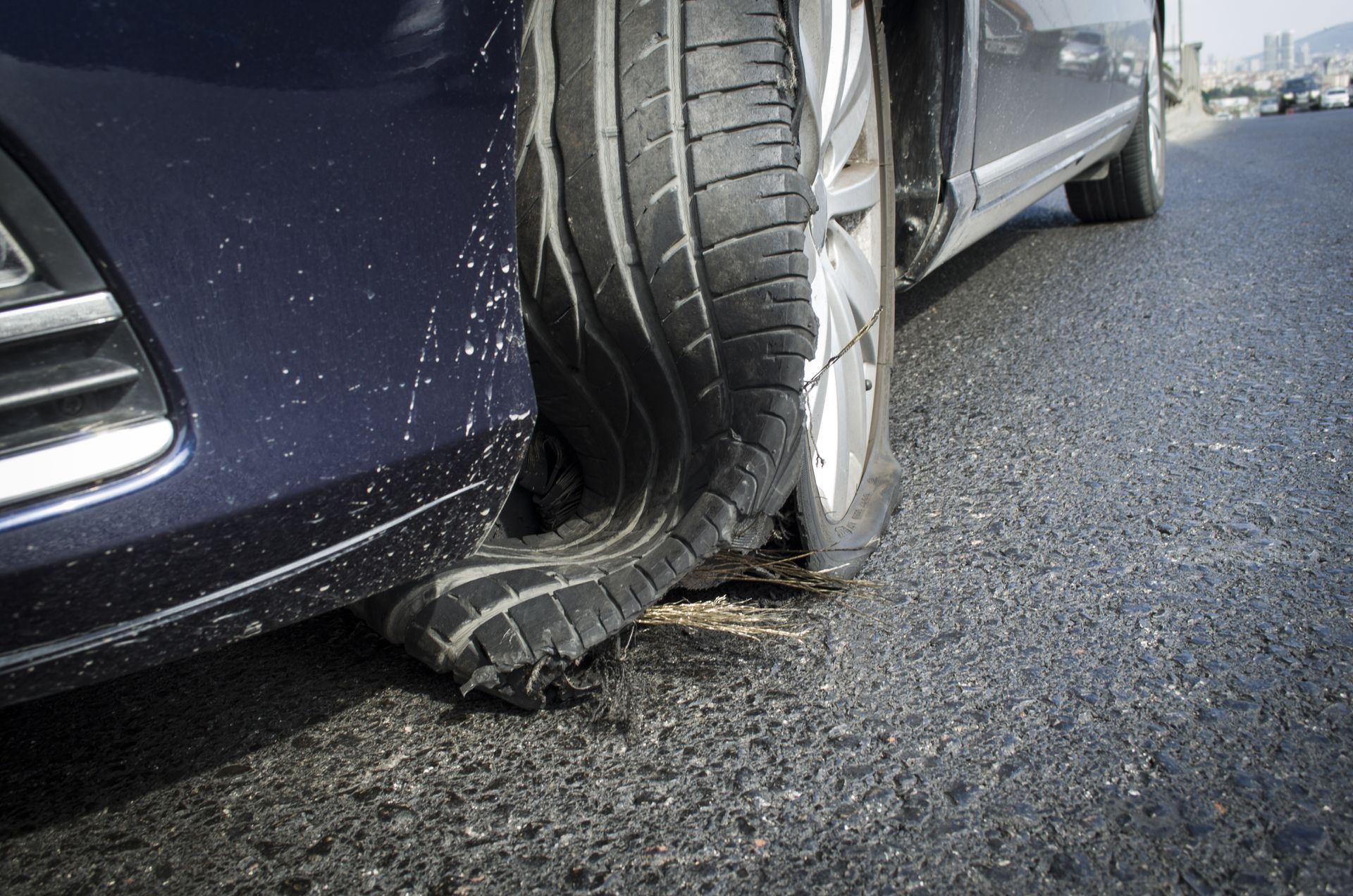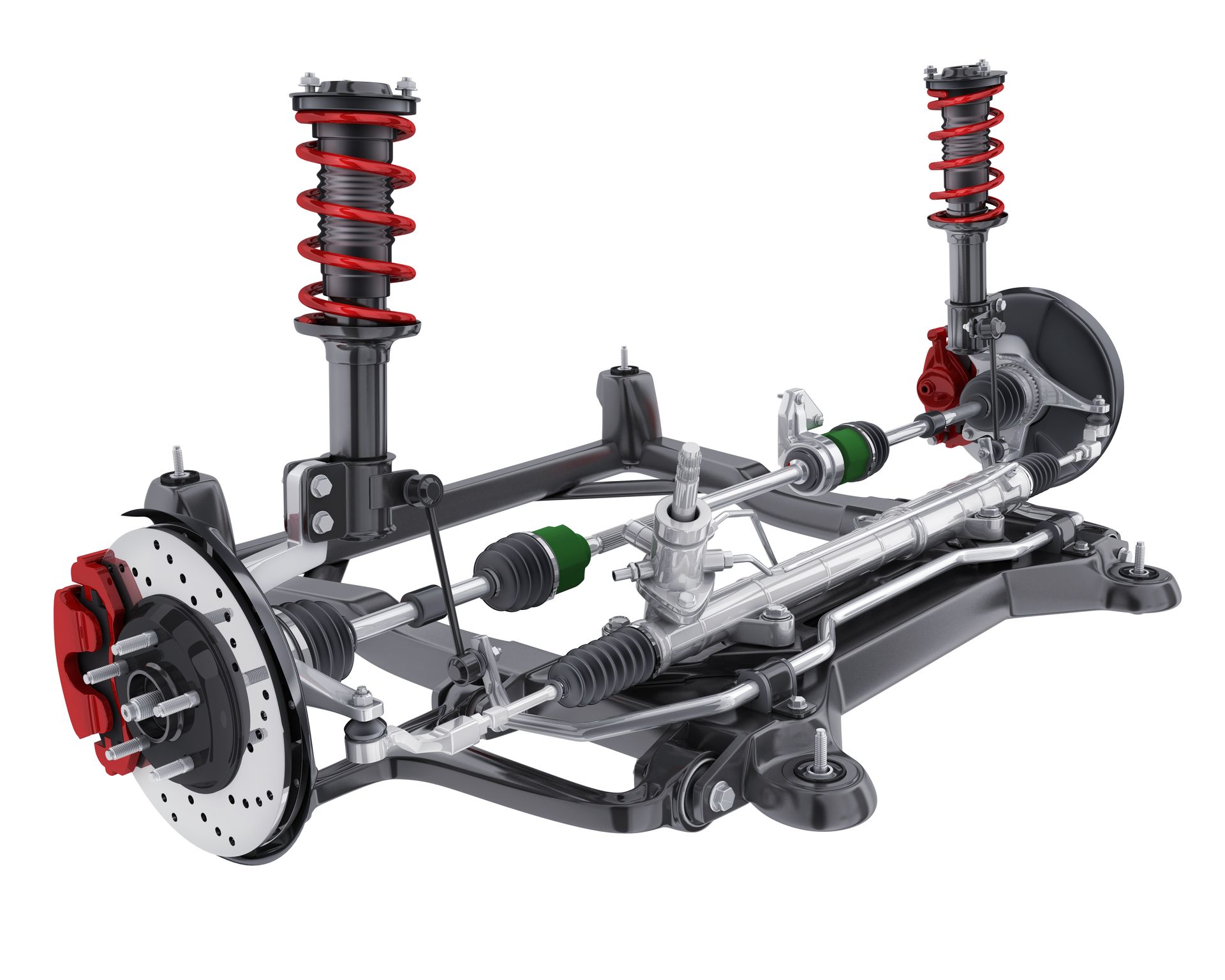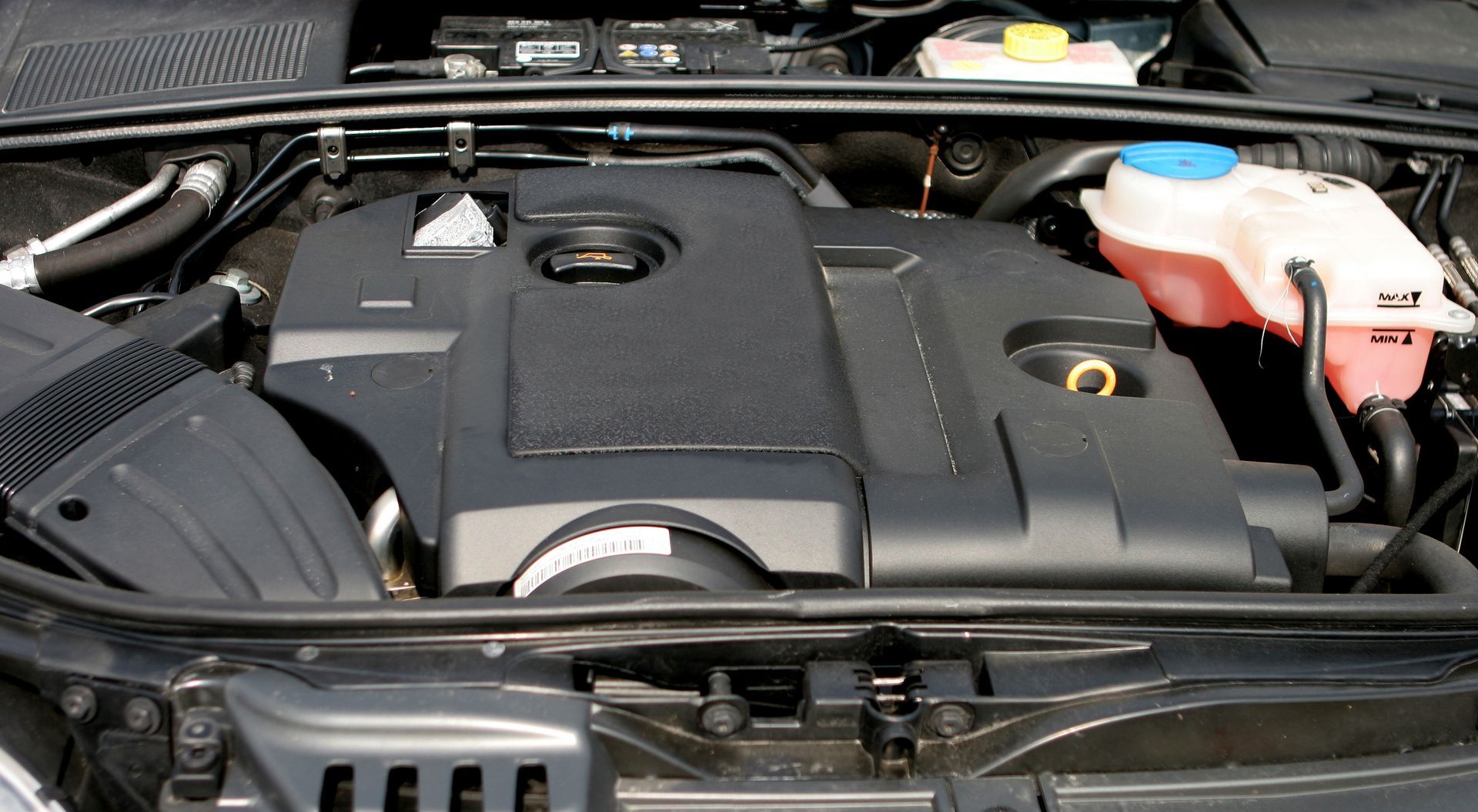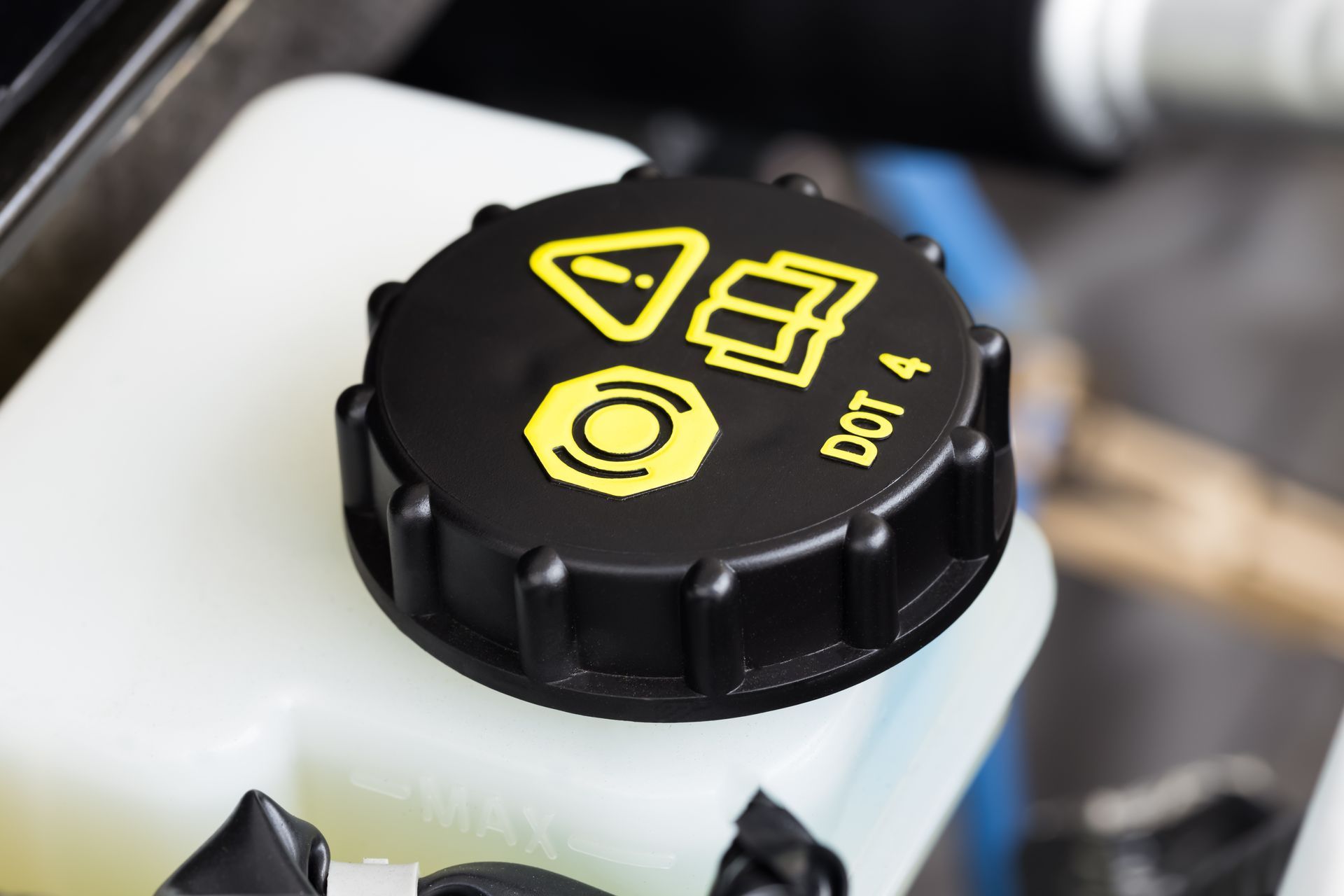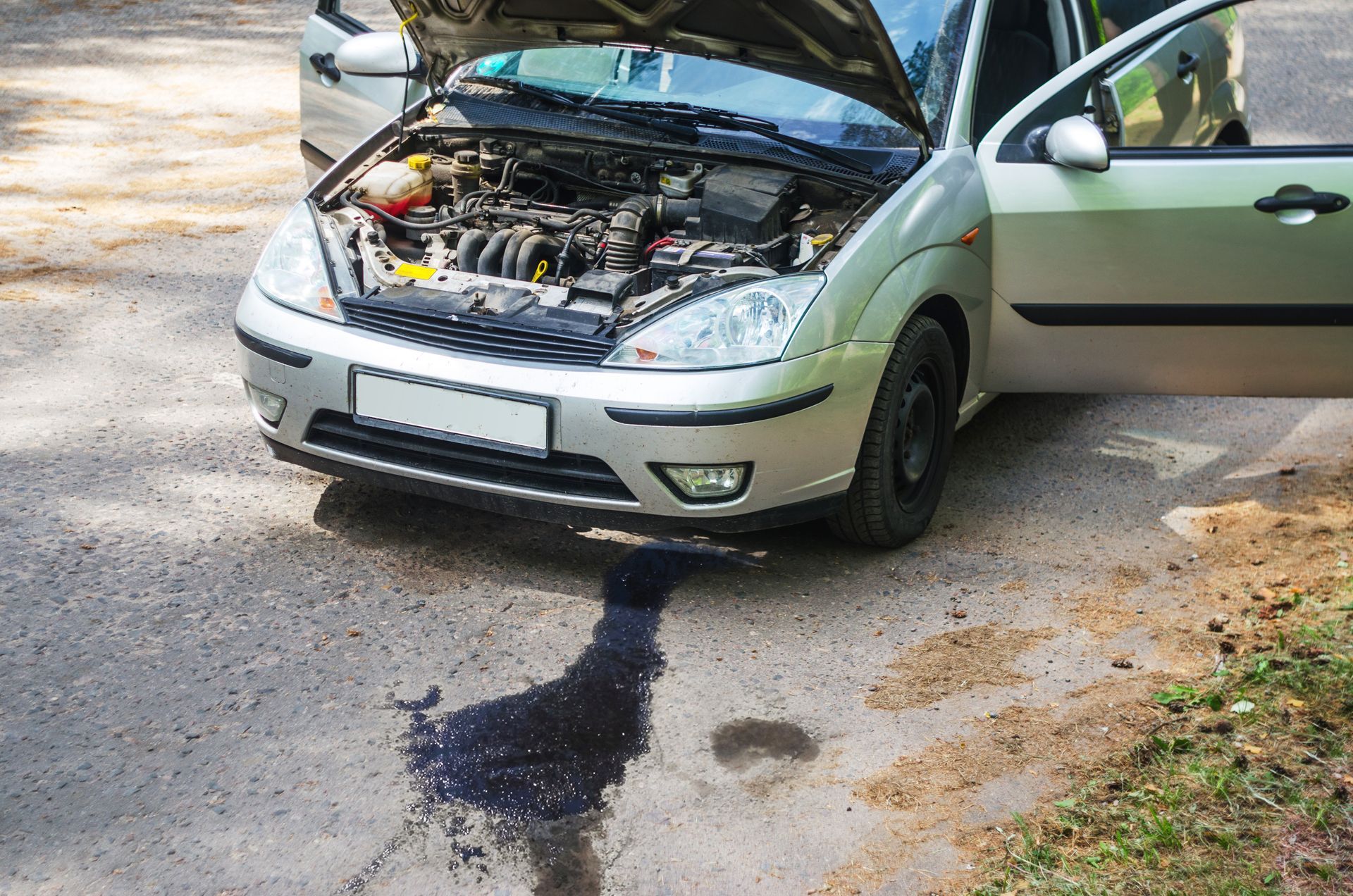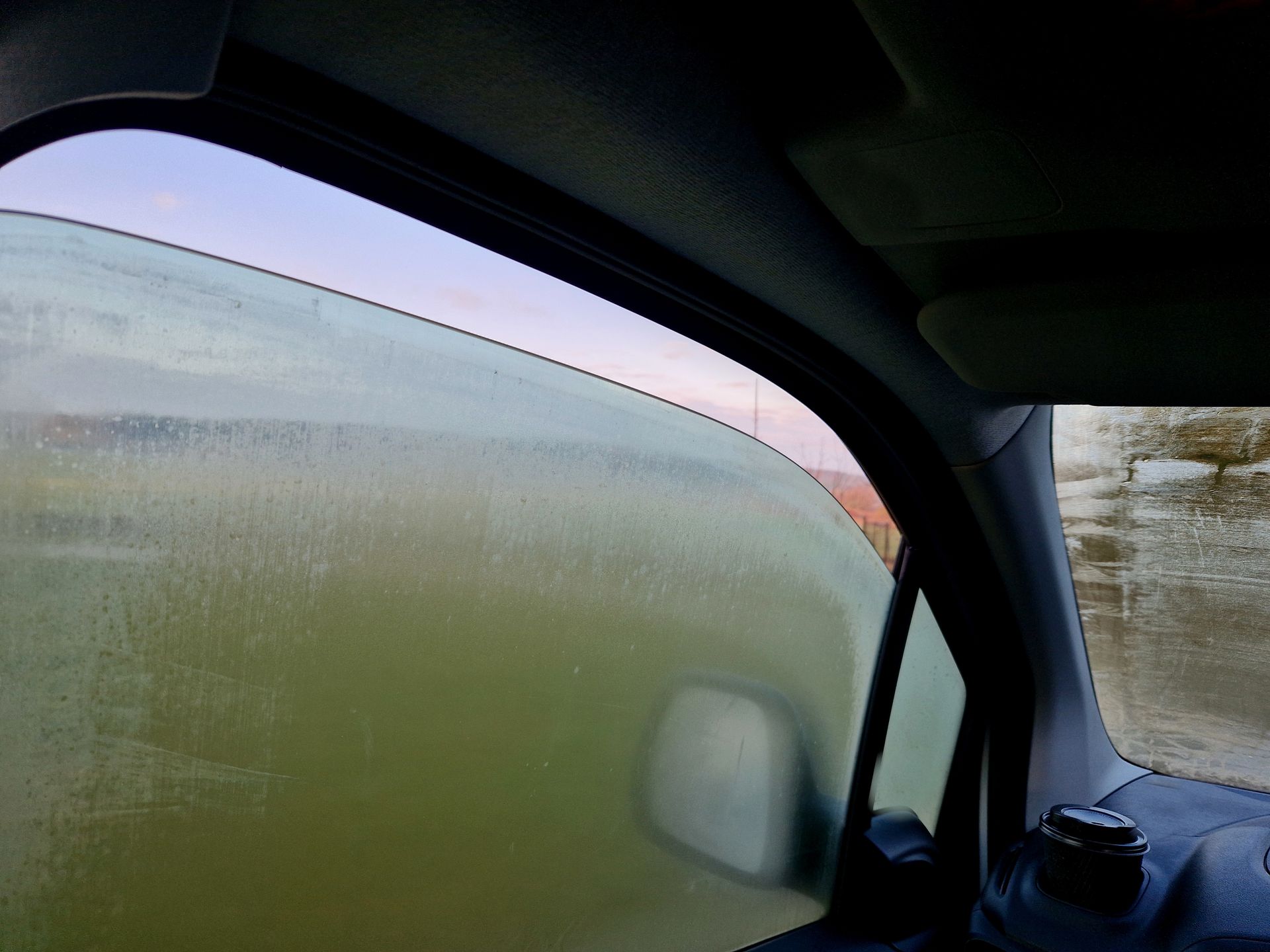Can Coronavirus affect your vehicle?
If you’re like the rest of us, there very likely is a car in your garage or driveway that hasn’t moved much for a month or two now, if at all. When it has been used it most likely was a short run to pick up supplies. Just like you, your vehicle needs exercise and lack of use can lead to problems. Below is a list of components that suffer from a lack of use and tips to avoid problems from developing.
Battery
Your car’s 12-volt battery is the vehicle system that’s most susceptible to inactivity-induced problems.
Today’s high-tech vehicles often have multiple computers that are always on and monitoring the car’s systems. These computers do require energy, and if a car is sitting and not recharging, the battery can be drained within two weeks. To avoid a dead battery, drive your car at least once a week and take it for a 15 or 20-minute drive to recharge the battery.
Fuel
Gasoline degrades over time, but modern sealed fuel systems help minimize fuel oxidation and preserve fuel life. Even so, expert estimates on how long gas will last vary considerably — from a month and a half to half a year. However, the latter assumes keeping a full tank, which helps reduce gas-tank condensation.
If you’re especially concerned about your car’s gas going bad, you can treat it with a fuel stabilizer, which can extend the life of the fuel. The best advice is to drive it at least once a week for 15 or 20-minutes to keep things circulating. AND keep the tank full.
Brakes
When you’re not driving your car, rust can form on the brake rotors — especially if it’s parked outside and exposed to the elements.
It doesn’t really take long. In just a matter of days, the film of rust starts to build up.
When you drive, excessive rust can get into the brake-pad lining and result in noise, uneven braking, and brake-pedal pulsation. However, if you’re able to take a brief drive once or twice a week, you can minimize rust buildup.
If you are not using the vehicle, safely avoid using the parking brake as these same elements can cause things to get sticky and make releasing the parking brake challenge.
Tires
Proper tire pressure is important for your vehicle’s performance, safety, and gas mileage, and it even helps your tires wear evenly.
Tires naturally lose air, so it is a good idea to frequently check the tire pressure and to maintain the manufacturer’s recommendations for tire pressure. Cars that are stationary for a prolonged period are also at risk of developing flat spots on their tires. Like some of the other systems we’ve discussed, taking your car for a brief drive can help prevent this.
Air Conditioning
While giving your vehicle some exercise put the air-conditioning system through its paces, too, even if it isn’t hot outside. Also, leave the recirculation control in the open position so the cabin can air out.
Cabin air filter
Inspect the cabin air filter. Lots of things like pollen, seeds, dust, and bugs can accumulate on the cabin air intake grill and get sucked into the climate control system leading to odors, clogs, and mold. You can add products like BG Frigi Fresh to the climate control system to deodorize, clean, and sanitize it. That is also a good time to change the cabin air filter.
Wipers
Windshield wipers can dry out, crack, and become crusty. This leads to smearing and streaks, both very annoying and unsafe.
Oil Changes
Even though you are not putting many miles on your vehicles due to the stay at home lockdown doesn’t mean you can put off regular oil changes. Oil change recommendations are governed by both mileage and time. If a car is sitting and not being driven regularly, the oil will deteriorate and impurities will accumulate causing potentially serious engine problems and premature wear. Changing the oil based on time (three or four months) is the best advice especially with infrequent, short trip use.
Belts and Hoses
The engine belt(s), and any other critical rubber under your car’s hood, will eventually break down, but the timing of this degradation is highly variable. Most belts and hoses are expected to last quite a long time, but as with other vehicular components, disuse can cause problems. Rubber can dry out and crack, causing leaks or weakening.
Drive your vehicles at least once a week get them to full operating temperature and keep them there for at least 15 or 20 minutes. Doing this will prevent most problems by keeping everything flowing and lubricated.
If you are unsure of your vehicle’s status or ability to fully recover from this virus shut down; bring it in for a simple oil change, inspection, and climate control system cleaning and sanitization. We’ll make sure your family’s transportation is reliable, safe, and comfortable.


